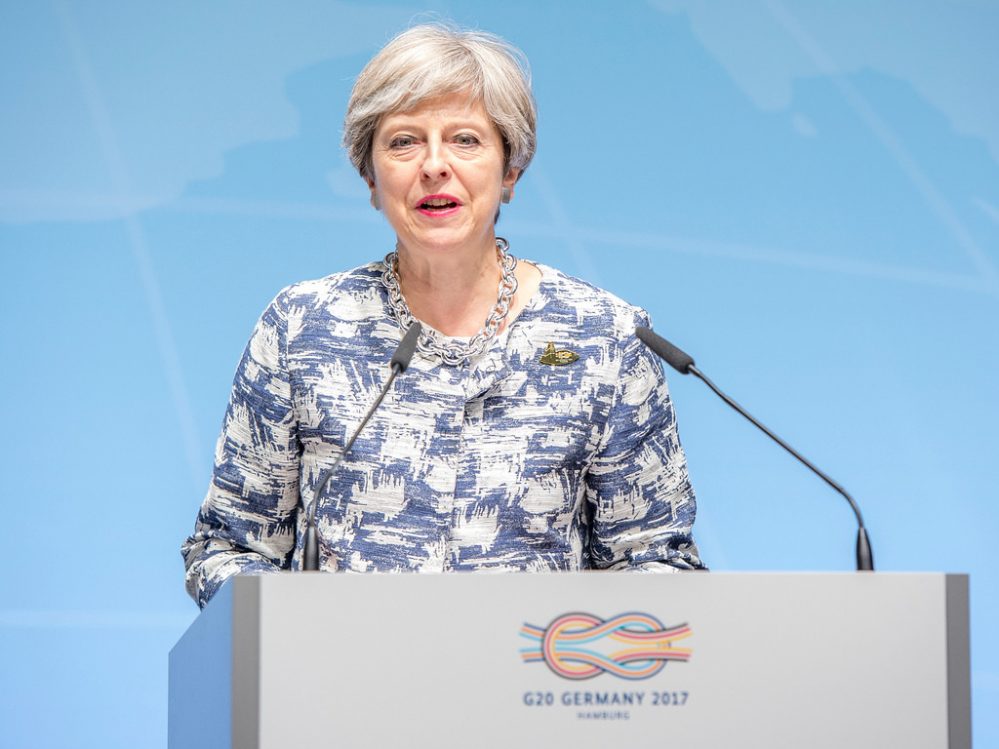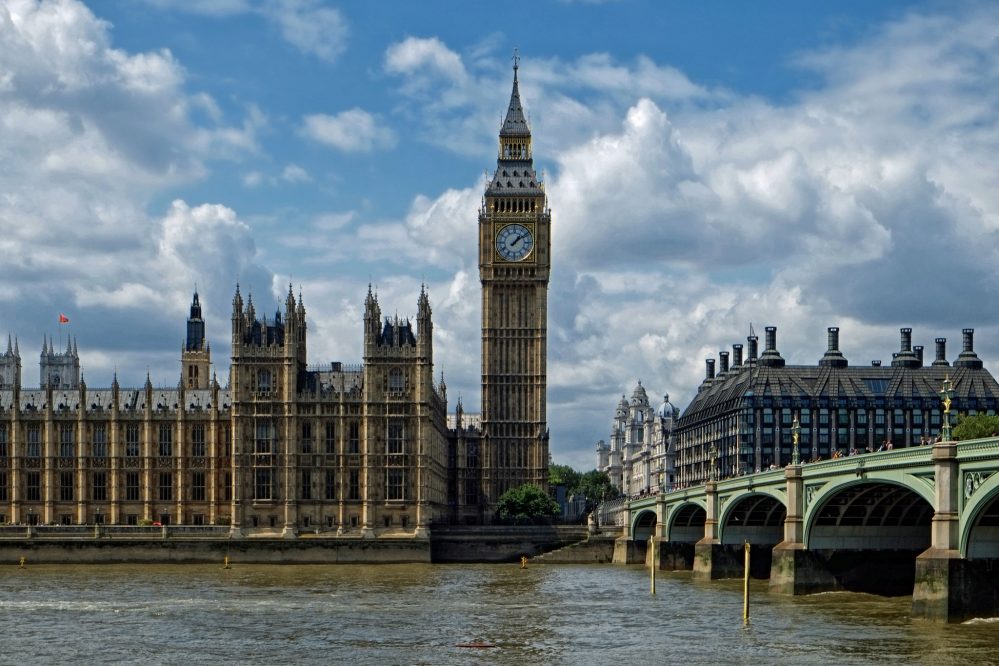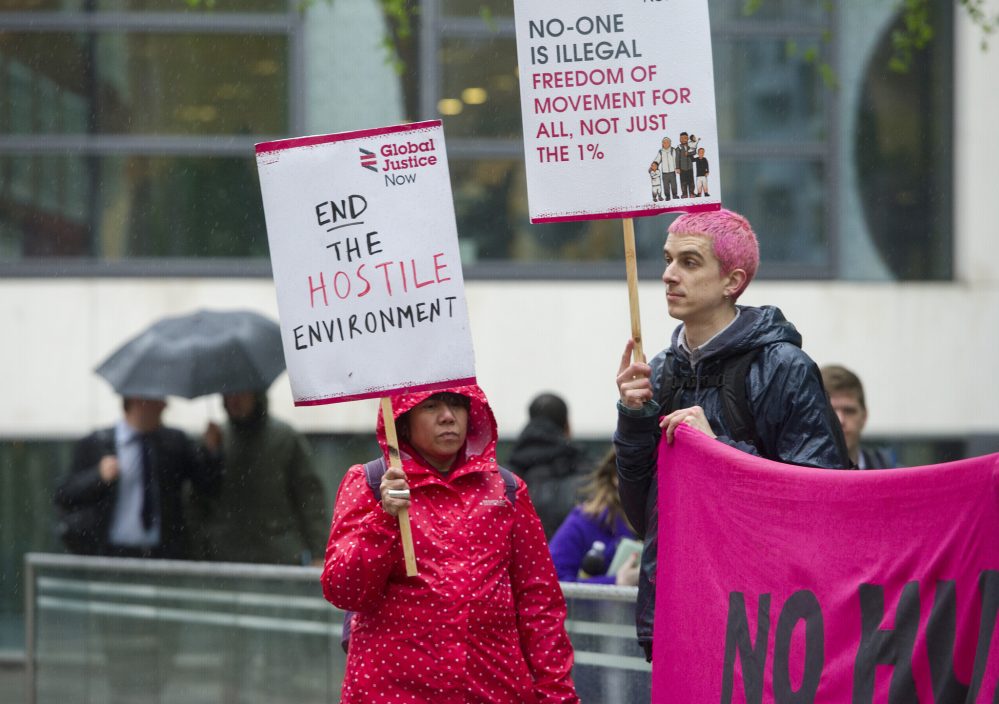Last year, MPs contacted Immigration Enforcement to report concerns about constituents’ immigration status on 68 occasions. It’s an example of how the Home Office’s ‘hostile environment’ is turning all sectors of society into border guards. Campaigners say this practice is preventing vulnerable people from seeking help from their MPs.
People go to their Members of Parliament when they have run out of options. When they are being failed by their local authorities, energy companies or schools, and complaint resolution is resolving nothing, they turn to their elected representatives.
They are often desperate. Individuals who turn to their MPs tend to be those who feel that they’re not being listened to, that the issues looming over them are insurmountable and that nobody is helping. These are often intensely personal issues – they might be facing homelessness, their child may have been removed from school, or they might be worried about their immigration status, as the recent Windrush scandal has highlighted.
Should MPs, Doctors, Hospitals and Universities be Border Guards?
 Theresa May oversaw the hostile environment policy while she was Home Secretary. Image credit: Number 10, Flickr
Theresa May oversaw the hostile environment policy while she was Home Secretary. Image credit: Number 10, Flickr
The hostile environment policy is intended to alienate groups of individuals who are in the UK without the required leave to remain in order to make them feel unwelcome. It places this duty of alienation throughout society.
A government inspection of hostile environment policies described the hostile environment as follows: “The Immigration Act 2014 introduced a range of measures aimed at creating a ‘hostile environment’ for individuals who are in the UK without valid leave.
“The government’s stated intention was to deny illegal migrants access to public and other services and benefits to which they were not entitled by virtue of their immigration status, in the expectation that this would persuade large numbers to depart the UK voluntarily and would reduce the ‘pull factor’ for anyone thinking to come to the UK to settle illegally.”
As a result, landlords are required to carry out immigration checks on tenants and can even face imprisonment if they rent a property to someone they have “reasonable cause to believe” doesn’t have the right to rent in the UK.
The government’s stated intention was to deny illegal migrants access to public and other services and benefits to which they were not entitled by virtue of their immigration status.
Chief Inspector of Borders and Immigration
Police officers carry out checks on the immigration status of the victims of crime and report them to the Home Office if they have concerns – after which these individuals may be held in immigration detention. This often happens with victims of human trafficking, or modern day slavery.
Universities are required to subject their students to rigorous attendance rules and periodic document checks. In October 2017, the government introduced passport checks for all patients accessing certain NHS services – something that Docs Not Cops, a campaign group of NHS professionals, says has already led to discrimination and racial profiling.
And, when they are distressed and desperate, people who turn to their MPs are being turned over to Immigration Enforcement, the division of the Home Office that replaced the UK Border Agency. So much so that, since 2012, MPs have contacted Immigration Enforcement to raise concerns about constituents’ immigration status 723 times.
Does the Hostile Environment do More Harm than Good?
 Parliament and Westminster Bridge. Credit: Flickr Eric Huybrechts
Parliament and Westminster Bridge. Credit: Flickr Eric Huybrechts
The hostile environment has already caused irreparable harm. It was at the heart of the Windrush scandal, which received widespread condemnation. It also turned immigration into a numbers game for the Home Office, with immigration removals targets overshadowing individual dignity and it lead to the infamous ‘Go Home’ vans.
Earlier this month, Home Secretary Sajid Javid admitted that the number of people from the Windrush generation who were illegally deported and have now died is now at least 11.
The hostile environment aims to make border guards out of all of us
People must feel safe to ask for help. Whether from a doctor or an MP, individuals should be able to expect that those in public roles will perform their duty of assistance, rather than donning the cap of a border guard. The hostile environment aims to make border guards out of all of us, which is why it is so important that, now more than ever, we build an atmosphere of helping, not harming.
A Less Hostile Horizon?
 Credit: Pixabay
Credit: Pixabay
We are in an age of political distrust. This time last year, YouGov reported that 80 per cent of the country did not trust leading politicians. And yet, it is a great advert for democracy that thousands of people contact their MPs each day. More than that, it is perhaps a sign that even where there is not trust – there is hope.
Earlier this year ‘MPs not border guards’ was launched, committing Members of Parliament to making a public pledge that they will not report constituents to the Home Office for immigration enforcement.
The demand that MPs represent all their constituents equally is a basic principle of how parliament works.
Akram Salhab, of Migrants Organise
The pledge, a partnership between Global Justice Now and Migrants Organise, has been signed by 129 MPs. However, last month it was revealed that individuals were still referred to immigration enforcement 68 times by their representatives last year.
Campaigners believe it is very much a rights issue and people should be treated equally by MPs. “The demand that MPs represent all their constituents equally is a basic principle of how parliament works. Sadly, this is yet another pillar of our democracy that has been sacrificed at the altar of the government’s hostile environment policies,” says Akram Salhab, of Migrants Organise.
Everyone has the right to seek advice from their MPs in a confidential and safe environment.
Satbir Singh, Chief Executive of Joint Council for the Welfare of Immigrants
There are also concerns around data protection, as highlighted by Satbir Singh, Chief Executive of Joint Council for the Welfare of Immigrants: “Everyone has the right to seek advice from their MPs in a confidential and safe environment. Parliament must clarify whether passing constituent data to immigration enforcement breaches data protection. It must also explain to the country, under what circumstances is this practice taking place?”
 Wera Hobhouse MP has taken the MPs not border guards pledge Credit: Flickr Liberal Democrats
Wera Hobhouse MP has taken the MPs not border guards pledge Credit: Flickr Liberal Democrats
Individuals who go to their MPs do so in the hope that they will be able to help where all others have failed. The ‘MPs not border guards’ pledge is all about ensuring everyone can feel safe reaching out and asking for help with their problems.
I pledge that I will not report constituents to the Home Office for immigration enforcement. Any Bath resident can get in touch with my office, no matter how big or small the problem.
Wera Hobhouse, MP for Bath
For example, MP for Bath, Wera Hobhouse, has signed the pledge and stated: I pledge that I will not report constituents to the Home Office for immigration enforcement. Frankly, it never even crossed my mind, but now it’s in writing. Any Bath resident can get in touch with my office no matter how big or small the problem.”
It is important that MPs commit to helping, not harming. As our elected representatives, they should set an example in refusing to don their border guard caps, and keep the hostile environment out of their constituency work and surgery appointments. We will have to wait and see if, over the next year, the number of MPs referring individuals to immigration enforcement falls, as more consider making the pledge.







